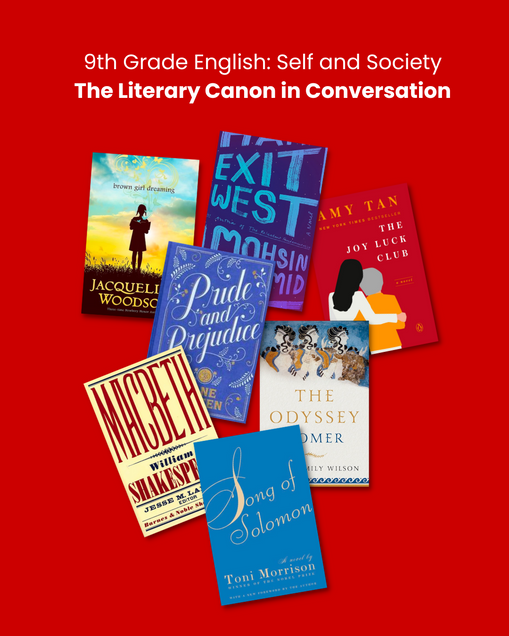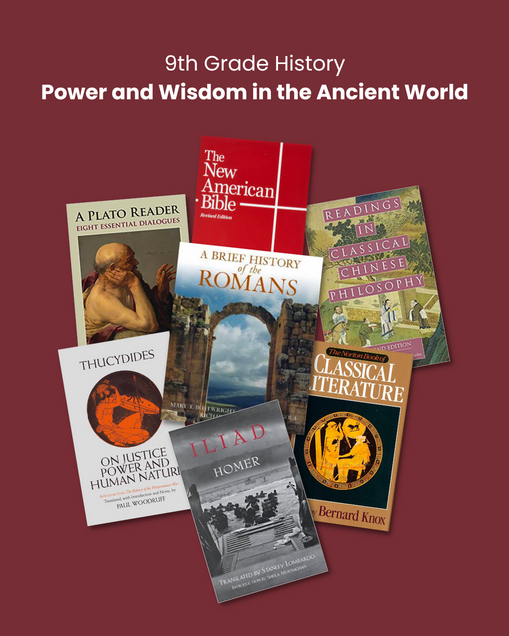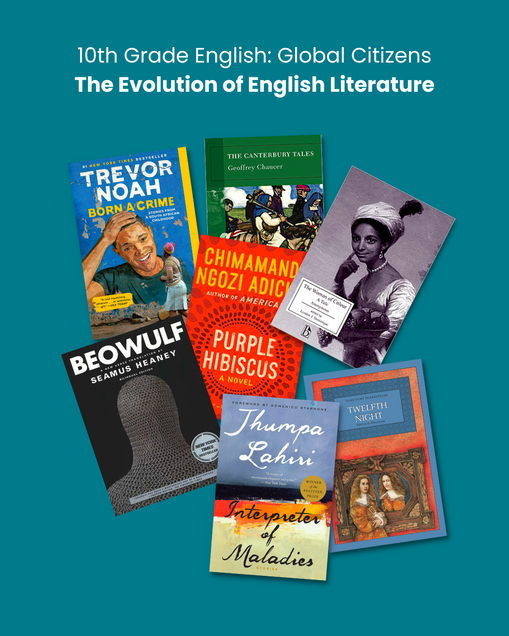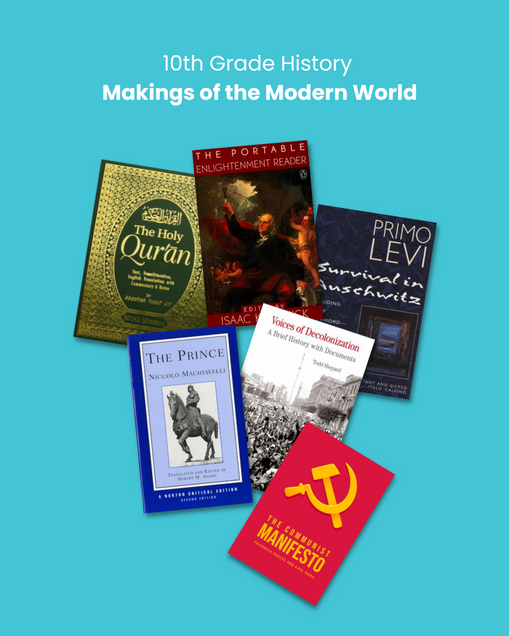Curricular Innovation in English, History
As a result of the vision and hard work of the faculty this spring and summer, and inspired by conversations with students over the years, BUA students will engage in a revised history and English curriculum this year.
BUA’s humanities program has been, since the school’s founding, one of its great strengths. Our mission highlights the promise that, at BUA, students will “read deeply” and “think critically.” Those ideas permeate the English and history classrooms. History students dive into primary sources, eschewing schools’ traditional reliance on textbooks and challenging students to engage with language and ideas that push their intellectual ability. In English, students likewise read challenging, rigorous texts that one would expect to see on a college syllabus. In both departments, students test their ideas with one another in conversation around a seminar table, often staying after the bell or carrying those discussions into the hallway. Our graduates often tell us that they learned to write at BUA, a skill that only comes with practice and mentorship, which our inspired and inspiring teachers have provided for decades. All of those features will continue.
We are also proud of BUA’s traditional focus on the Western humanistic tradition, where students have the opportunity to ask some of the most basic questions of human existence in conversation with the Western literary canon and giants of Western philosophy: Why am I here? What is my role in society? What does it mean to live a good life? These are questions that our students are naturally asking. The curriculum has provided a vehicle for that exploration and will continue to do so.
But there are limitations to this approach. It can give the misimpression that the Western tradition is the only or a superior source of wisdom. It may not provide opportunities for our increasingly diverse student body to see themselves reflected in the literature and history they study. And it may sacrifice knowledge that is essential to our students as they prepare to be citizens and leaders in a global world. We have heard those concerns from our teachers, students, and graduates – all of whom value our traditional approach and see the need to address the limitations.
The path our teachers have chosen going forward preserves the richness of our traditions while injecting a global and diverse outlook. Courses are organized around themes, many of which traverse disciplines and all of which have deep relevance for our students’ lives in the 21st century. The course descriptions linked above provide more context, but to give you a sense:
- In 9th-grade English, Self and Society: The Literary Canon in Conversation, students will still read mainstays of the literary canon, but also put those texts in conversation with rigorous, rich texts outside that tradition. They will read Homer’s Odyssey, for example, alongside Toni Morrison’s Song of Solomon; Jane Austen’s Pride and Prejudice alongside Mohsin Hamid’s Exit West – exploring common themes around identity, the boundaries between self and community, and our understanding of heroism and virtue.
- In 9th-grade history, Power and Wisdom in the Ancient World, students will continue their exploration of Greece and Rome but add a deep dive into Chinese dynastic history and philosophy. In the process they will investigate ideas of good government and the meaning of a good life.
- In 10th-grade English, Global Citizens: The Evolution of English Literature, students will continue to engage with some of the great canonical works of British literature – Beowulf, The Canterbury Tales – while broadening the aperture to include post-colonial literature from the English-speaking world, like Chimamanda Ngozi Adichie’s Purple Hibiscus and Jhumpa Lahiri’s Interpreter of Maladies. Thematically, they will trace the evolution of literature in the English-speaking world and use that as a lens to explore what it means to live in an increasingly global world.
- In 10th-grade history, Makings of the Modern World, students will continue to read the great philosophical works of the European Enlightenment but will pair that with a similarly rigorous investigation of topics we believe they will need as global citizens: the Islamic world; pre- and post-colonial African history; and the 20th-century world, including a focus on the Holocaust. In so doing, they will address abiding questions: the relationship of faith to the public sphere; the development of the concepts of human rights; and the moral obligation of a citizen to the community.
Please refer to the course descriptions to explore these courses and similar shifts in the 11th and 12th grade.



